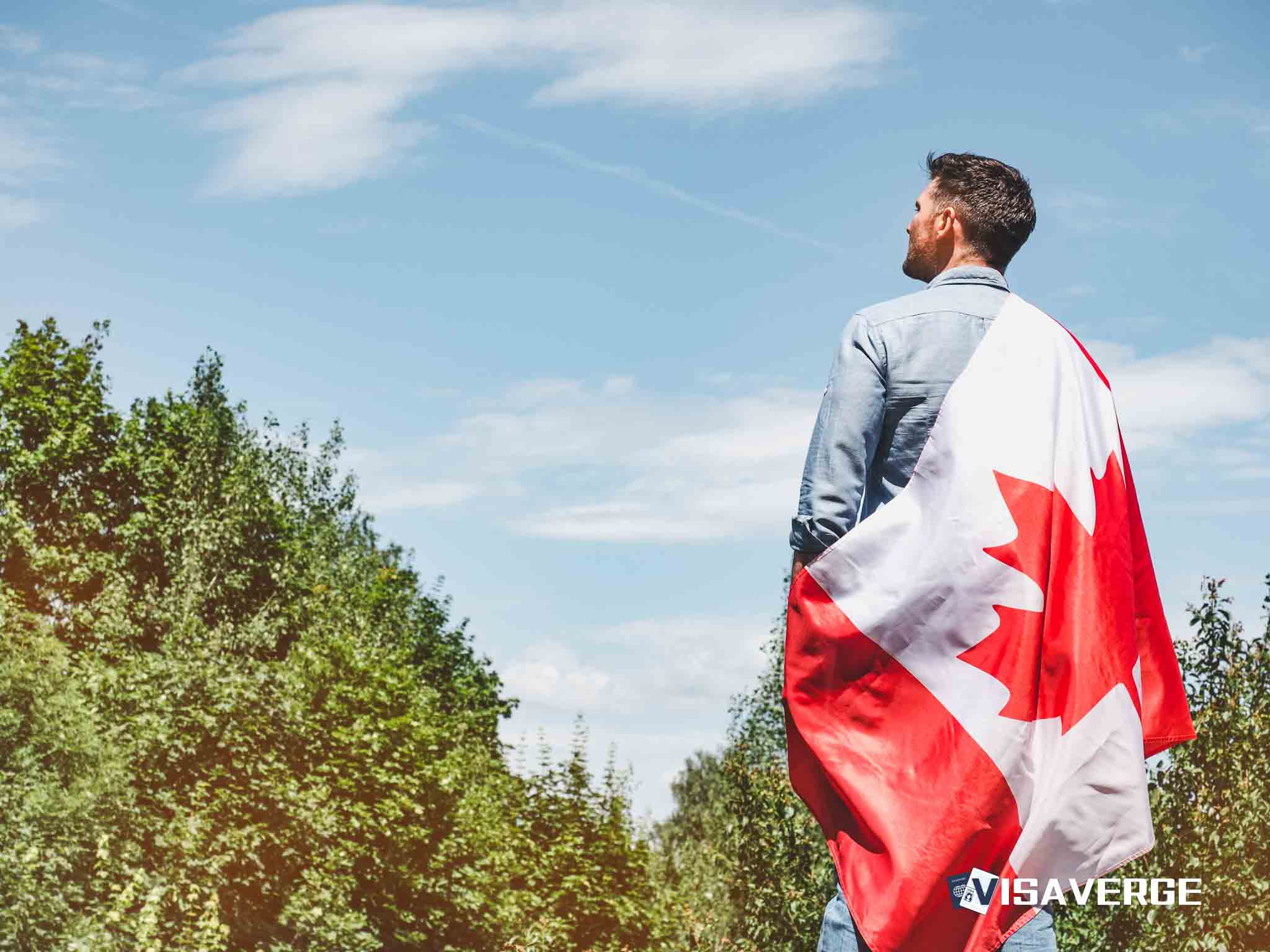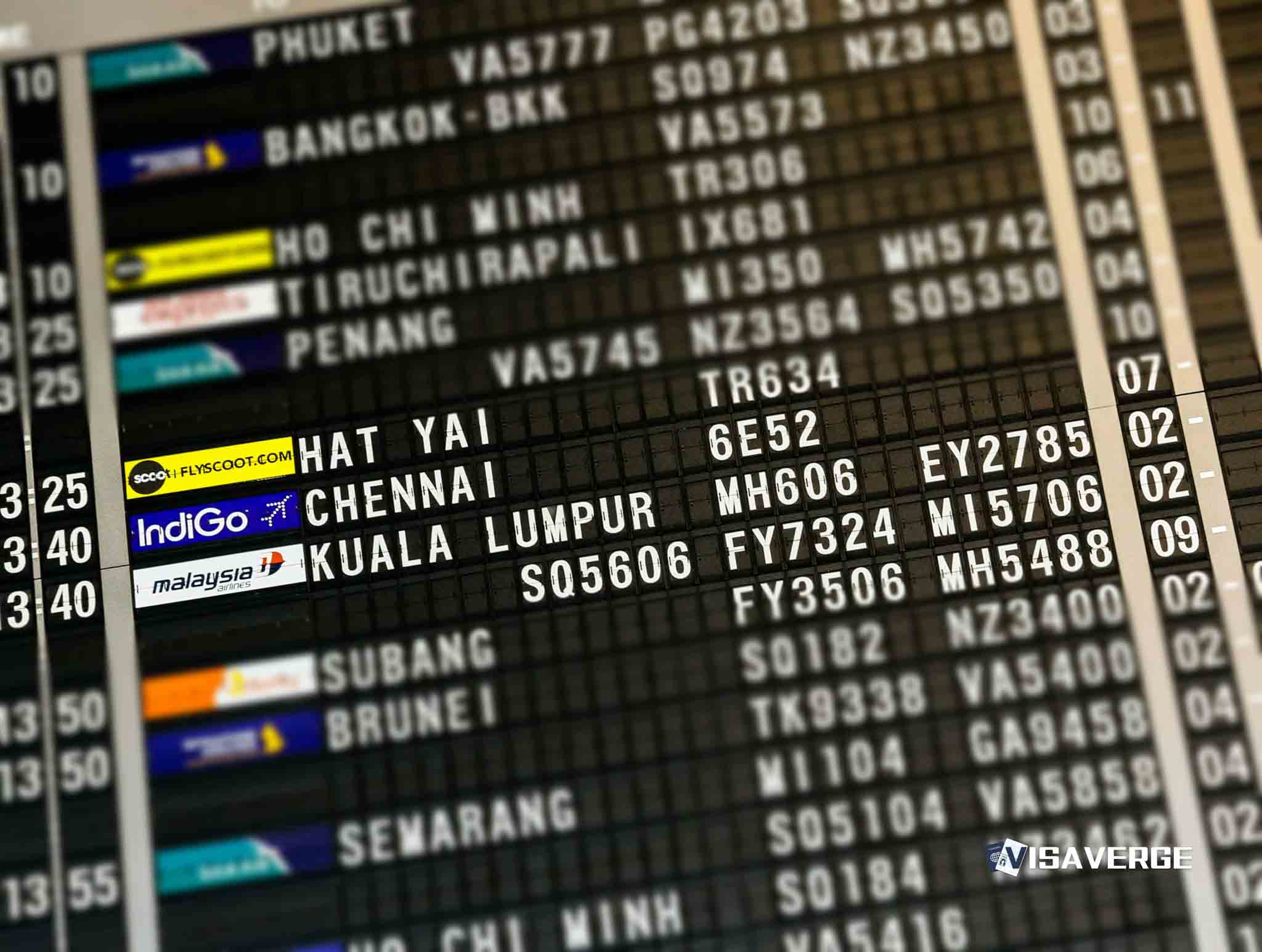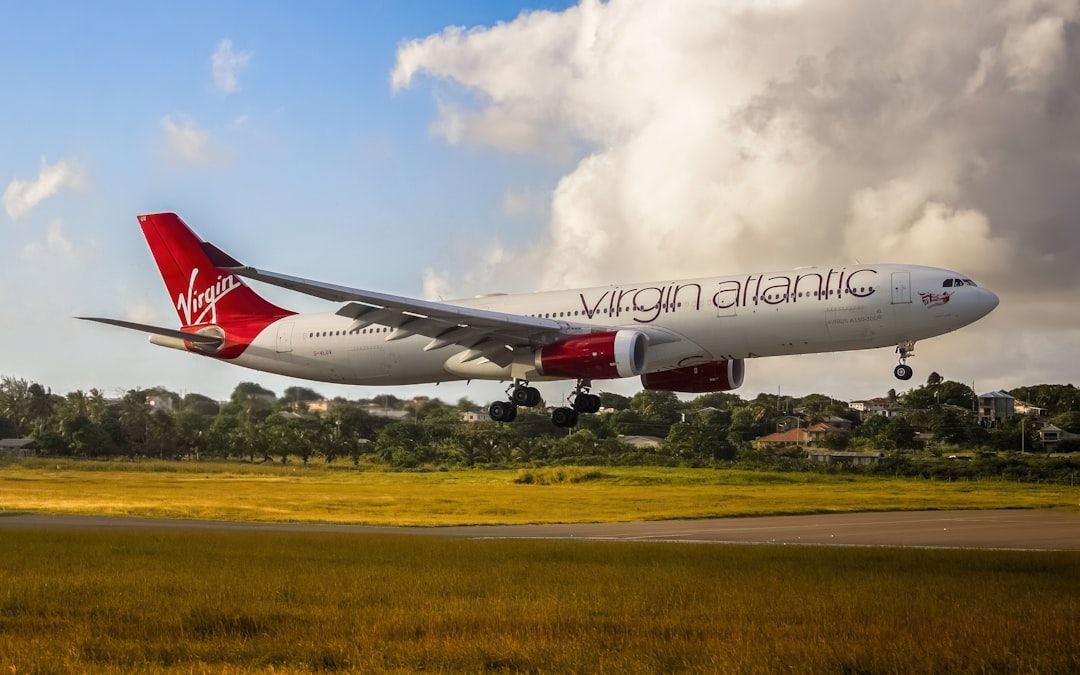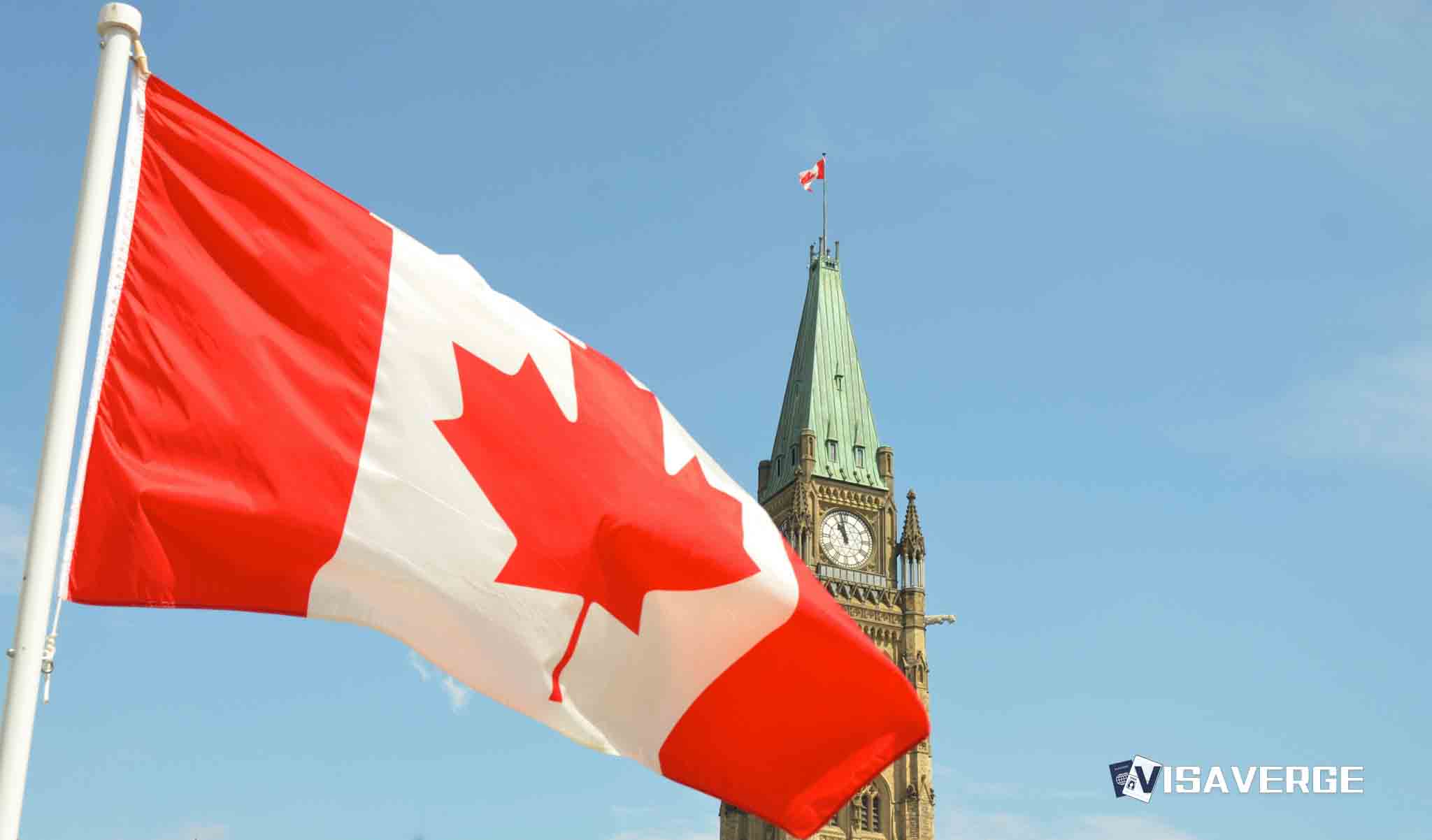Bringing your family to Canada 🇨🇦 after receiving Refugee Status is a major goal for many newcomers. The process can be long and sometimes confusing, but knowing each step and what to expect can help you plan and support your loved ones. This guide explains the journey from start to finish, including estimated timeframes, what you need to do at each stage, and what Canadian authorities will do. It covers the main options for Family Reunification, including the Parents and Grandparents Program, and offers practical advice to help you manage expectations.
Understanding the Family Reunification Pathways
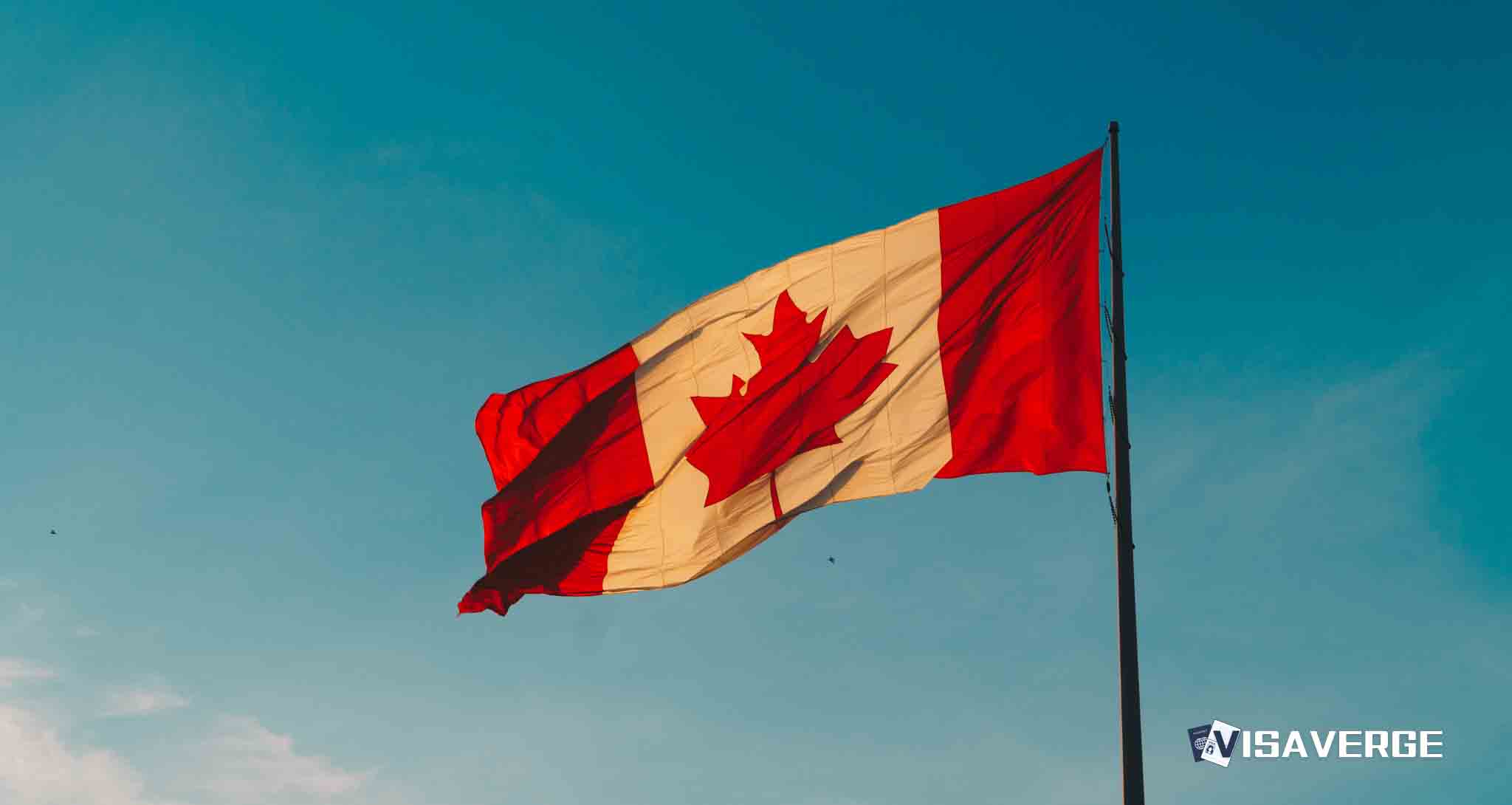
When you receive Refugee Status in Canada 🇨🇦, you may want to bring your family to join you. Canada 🇨🇦 supports Family Reunification, but there are strict rules about who you can sponsor, how many applications are accepted, and how long it takes. The main options are:
- Sponsoring Immediate Family Members (spouse, common-law partner, dependent children)
- Sponsoring parents and grandparents through the Parents and Grandparents Program (PGP)
- Exploring other limited options for extended family
Each pathway has its own requirements, steps, and waiting times. Let’s break down the process for each group.
Step 1: Identify Which Family Members You Can Sponsor
The first step is to figure out which family members you are allowed to sponsor under Canadian immigration rules. The main categories are:
Immediate Family Members (Dependants)
– Spouse or Common-Law Partner: This includes your husband, wife, or a partner you have lived with for at least one year in a marriage-like relationship.
– Dependent Children: These are your biological or adopted children who are unmarried and under 22 years old at the time you submit your application (the “lock-in” date).
Parents and Grandparents
– You can sponsor your parents and grandparents, but only if you have become a permanent resident or citizen. This is done through the Parents and Grandparents Program, which has strict limits and long waiting times.
Other Relatives
– Sponsoring brothers, sisters, aunts, uncles, or cousins is generally not allowed unless you meet special requirements, such as being the only family member in Canada 🇨🇦 and having no other relatives.
Tip: Make a list of your family members and check which category each person fits into. This will help you choose the right pathway.
Step 2: Choose the Right Sponsorship Program
Once you know who you want to sponsor, you need to pick the right program:
For Immediate Family Members:
– Use the Family Class sponsorship program. This is the main way refugees bring their spouse or children to Canada 🇨🇦.
For Parents and Grandparents:
– Use the Parents and Grandparents Program (PGP). This program only accepts a limited number of applications each year and has a long backlog.
For Other Family Members:
– You may need to look at economic immigration programs or special refugee sponsorship programs, but these are much harder to access.
Important: The Private Sponsorship of Refugees (PSR) program is paused for new applications from groups of five and community sponsors until December 31, 2025. This means fewer options for private sponsorship during this period.
Step 3: Prepare and Submit Your Application
For Immediate Family (Spouse/Children):
– Fill out the sponsorship forms and gather all required documents. You will need proof of your relationship, identity documents, and sometimes police certificates or medical exams.
– Submit your application to Immigration, Refugees and Citizenship Canada (IRCC). You can find the forms and instructions on the official IRCC Family Sponsorship page.
For Parents and Grandparents:
– Wait for an invitation to apply. In 2025, IRCC is only processing applications received in 2024, with a maximum of 15,000 accepted under the family class and 10,000 for the PGP.
– If you receive an invitation, complete the application and provide proof of your income and ability to support your parents or grandparents.
For Other Family Members:
– Check if you qualify for any special programs or economic immigration streams. These are rare and often have extra requirements.
Tip: Double-check all forms and documents before submitting. Missing information can cause delays.
Step 4: Meet Eligibility and Financial Requirements
Income Requirements:
– For most sponsorships, you must show you have enough money to support your family members. The amount depends on your family size and where you live.
– For the Parents and Grandparents Program, the financial requirements are strict. You must show proof of income for the past three years, and the minimum income is higher than for other sponsorships.
Other Eligibility:
– You must be a permanent resident or citizen to sponsor parents or grandparents.
– You cannot sponsor anyone if you have certain criminal convictions or owe money to the government.
Tip: Keep copies of your tax returns and pay stubs. These are often needed to prove your income.
Step 5: Application Processing and Waiting Times
Immediate Family:
– Processing times for spouses and children are usually between 12 and 24 months. This can be longer if IRCC needs more information or if there are backlogs.
Parents and Grandparents:
– Processing times are much longer. For applicants outside Quebec, it takes about 24 months. For those going to Quebec, it can take up to 48 months.
– Only applications received in 2024 are being processed in 2025, so new applications may not be accepted until the backlog is cleared.
Other Family Members:
– Processing times vary and can be even longer, depending on the program.
| Country/Type | Visa Category | Processing Time |
|---|---|---|
| Canada | Immediate Family (Spouse/Children) | 12-24 months |
| Canada | Parents and Grandparents (outside Quebec) | 24 months |
| Canada | Parents and Grandparents (to Quebec) | up to 48 months |
| Canada | Other Family Members | varies, can be longer |
What to Expect from IRCC:
– IRCC may ask for more documents, schedule interviews, or request medical exams.
– You can check your application status online using the IRCC application status tool.
Tip: Respond quickly to any requests from IRCC to avoid delays.
Step 6: Approval, Arrival, and Settlement
Approval:
– Once your application is approved, your family members will receive permanent resident visas.
– They can then travel to Canada 🇨🇦 and become permanent residents upon arrival.
Arrival:
– At the airport or border, your family members will need to show their documents and answer questions from border officers.
– They will receive their permanent resident cards in the mail after arriving.
Settlement:
– As a sponsor, you are responsible for helping your family settle in Canada 🇨🇦. This includes finding housing, enrolling children in school, and helping them learn English or French.
– Many communities have settlement agencies that offer free help with these tasks.
Tip: Start preparing for your family’s arrival early. Look for schools, doctors, and community services in your area.
Special Considerations and Recent Changes
Backlogs and Quotas:
– The Parents and Grandparents Program is facing a large backlog. Only a limited number of applications are accepted each year, and most spots are filled by people who applied in previous years.
– For 2025, IRCC is not accepting new interest-to-sponsor forms for the PGP. Only those who applied in 2024 are being considered.
Private Sponsorship Pause:
– The Private Sponsorship of Refugees program is paused for new applications from groups of five and community sponsors until the end of 2025. This limits options for bringing extended family members through private sponsorship.
Super Visa Option:
– The super visa allows parents and grandparents to visit Canada 🇨🇦 for up to five years at a time, with multiple entries for up to 10 years.
– Recent changes have made the super visa easier to get by relaxing health insurance rules.
– The super visa is not a path to permanent residency, but it lets parents and grandparents spend more time with their families while waiting for sponsorship.
Tip: If you cannot sponsor your parents or grandparents right away, consider the super visa as a temporary solution.
Practical Advice and Common Challenges
Start Early:
– Begin the sponsorship process as soon as possible. Some steps, like gathering documents or waiting for invitations, can take months or even years.
Stay Informed:
– Immigration rules and quotas change often. Check the official IRCC website for the latest updates.
Financial Planning:
– Make sure you meet the income requirements before applying, especially for the Parents and Grandparents Program.
Seek Help:
– Settlement agencies and refugee support organizations can help you fill out forms, prepare documents, and understand your options.
Emotional Support:
– The waiting period can be stressful. Stay connected with your family through phone calls or video chats, and reach out to local support groups if you need help.
Case Study: A Refugee Family’s Journey
Let’s look at a real-life example. Fatima arrived in Canada 🇨🇦 as a refugee in 2022. She was granted Refugee Status and became a permanent resident in 2024. She wanted to bring her husband and two children, who were living in a refugee camp overseas.
- Step 1: Fatima identified her husband and children as immediate family.
- Step 2: She chose the Family Class sponsorship program.
- Step 3: She gathered marriage and birth certificates, filled out the forms, and submitted her application in early 2024.
- Step 4: She provided proof of income and a letter explaining her situation.
- Step 5: The process took 18 months. IRCC asked for extra documents and scheduled an interview with her husband.
- Step 6: In mid-2025, her family was approved. They arrived in Canada 🇨🇦, and Fatima helped them settle into their new home.
Fatima’s experience shows the importance of patience, careful planning, and using official resources.
Expert and Stakeholder Views
Advocacy groups say that Family Reunification is very important for refugees’ well-being. Being together helps families adjust to life in Canada 🇨🇦 and build a better future. However, they also point out that long waiting times and strict rules make it hard for many refugees to reunite with their families.
Government officials explain that they must balance the number of newcomers with the ability to process applications and support new arrivals. This is why there are quotas and backlogs, especially for the Parents and Grandparents Program.
Refugee support organizations recommend starting the process early and considering all options, including the super visa or economic immigration, for family members who do not qualify under regular sponsorship programs.
Key Takeaways and Next Steps
- Family Reunification is possible for refugees in Canada 🇨🇦, but the process is complex and can take a long time.
- Immediate family members (spouse, partner, children under 22) can be sponsored through the Family Class program, usually within 12-24 months.
- Parents and grandparents can only be sponsored through the Parents and Grandparents Program, which has strict quotas and long waiting times.
- Other relatives are very hard to sponsor unless you meet special requirements.
- The super visa is a good temporary option for parents and grandparents to visit Canada 🇨🇦 while waiting for sponsorship.
- Start early, stay informed, and seek help from settlement agencies or support groups.
For the most current and detailed information, always check the official IRCC Family Sponsorship page. As reported by VisaVerge.com, keeping up with policy changes and planning ahead can make a big difference in your Family Reunification journey.
By following these steps and using official resources, you can give your family the best chance to join you in Canada 🇨🇦 and start a new life together.
This Article in a Nutshell




